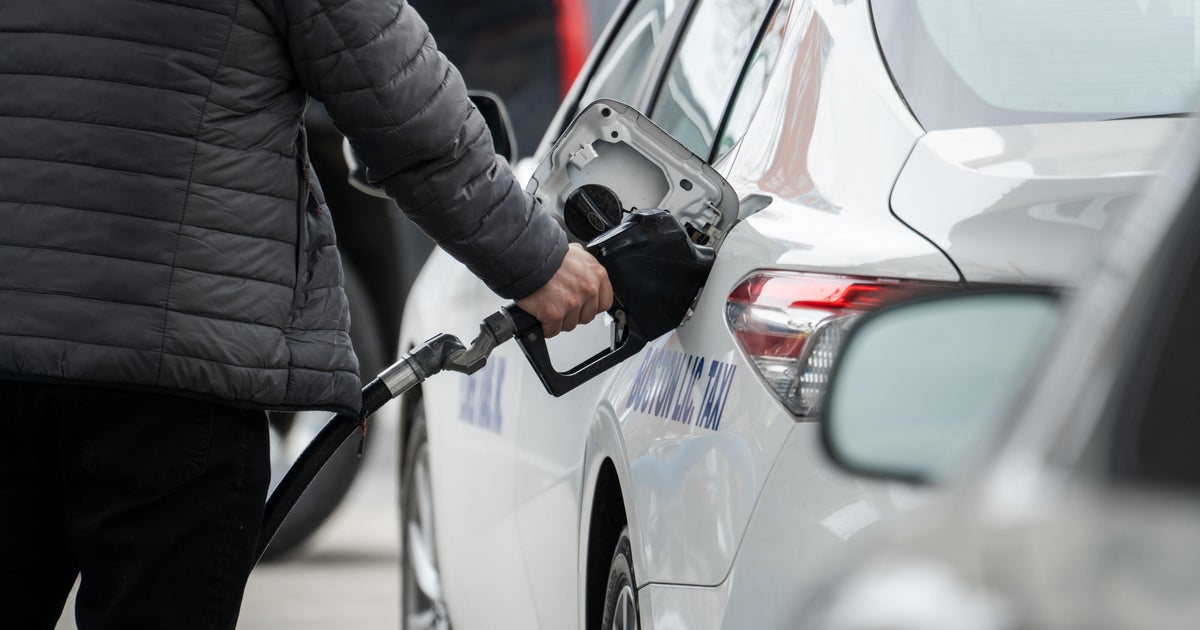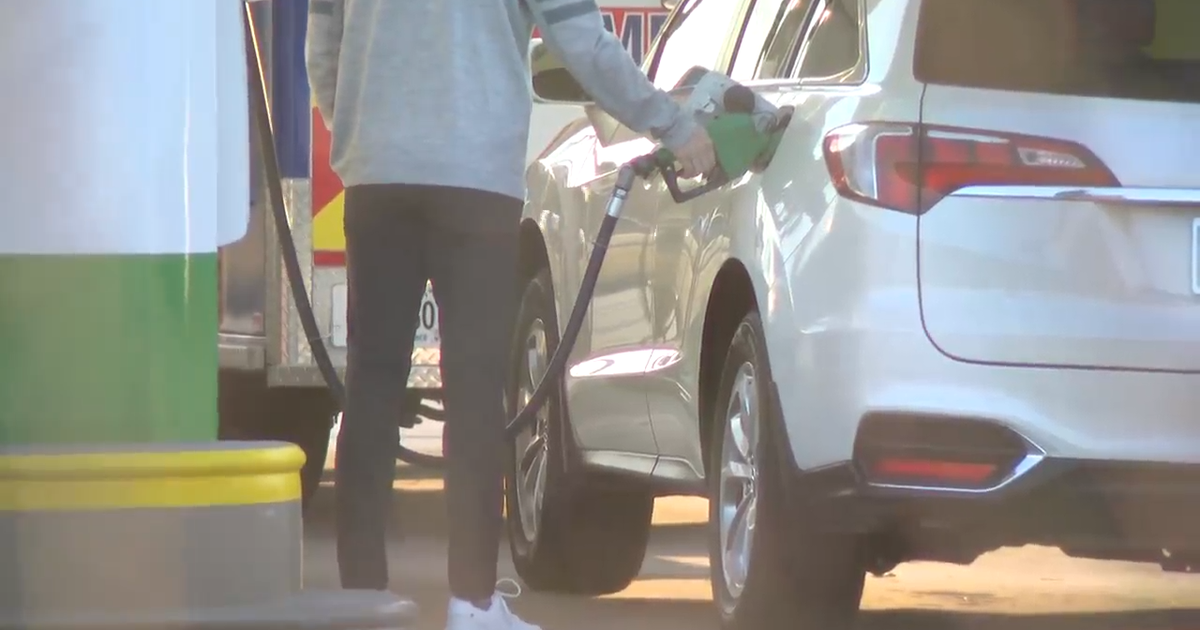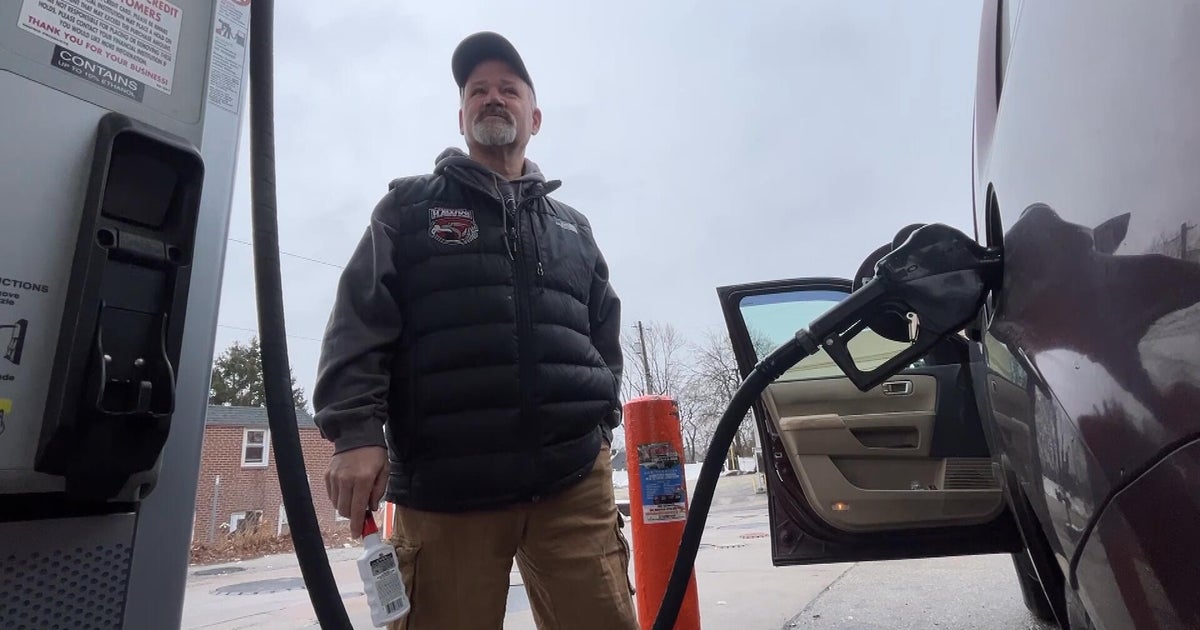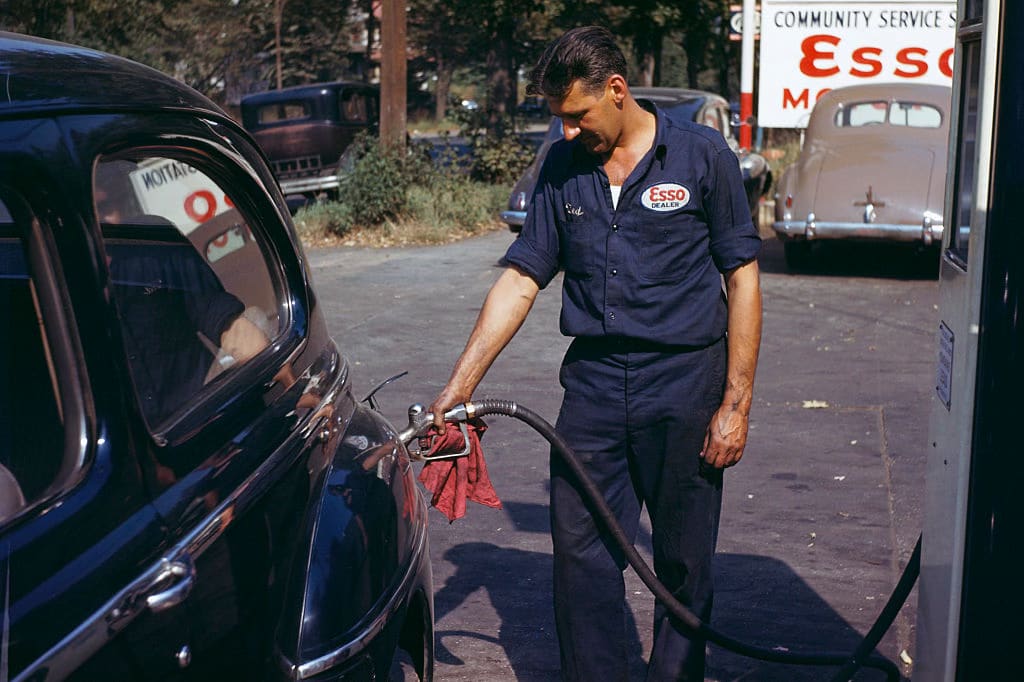What can politicians do to lower U.S. gas prices?
With Americans facing the highest gas costs in eight years, elected leaders are understandably eager to bring down prices at the pump.
States from Connecticut to Georgia are rolling back gas taxes, while some Democrats in Congress have advocated dropping the federal gas tax. Meanwhile, the White House has in recent weeks floated the idea of tapping the U.S. emergency oil reserves.
It's no mystery why: Research shows that public disapproval of sitting presidents tends to rise along with the cost of a fill-up. For those in office, then, at least appearing to be doing something — anything — about spiraling gas prices is paramount.
"The person in the White House is responsible for what we're seeing at the pump, in the public's imagination — no question about that," said historian Meg Jacobs, author of author of "Panic at the Pump: The Energy Crisis and the Transformation of American Politics in the 1970s." "That was true in the '70s. That remains true today."
Beyond the political optics, however, is there anything that can actually be done to drive down gas prices? Here are the options that have been suggested.
Suspend the gas tax
Two Democratic senators have introduced legislation to suspend the federal gas tax for the remainder of the year. At 18.4 cents a gallon, dropping the tax could offer meaningful relief for consumers. It would save a typical SUV driver nearly $3 every time they fill their tank.
At the state level, Connecticut, Georgia and Maryland have suspended gas taxes for periods ranging from one to 14 months. The Florida legislature has proposed a one-month gas tax holiday that would go into effect in October. Other states, such as California and Illinois, have suggested freezing gas taxes at their current levels rather than allowing automatic tax increases to kick in.
"I think it's going to be a trend that becomes more common across the U.S. in 2022, particularly with the midterms coming up later this year," Troy Vincent, senior analyst at commodities research firm DTN, told CBS MoneyWatch. "There's going to be more political sensitivity in the price of oil and ... going into election season, that's going to be an issue."
The amount a tax suspension could save consumers varies by state, with gas levies ranging from a low of 15 cents a gallon in Alaska to 67 cents in California, according to the Tax Foundation.
California Governor Gavin Newsom has proposed a rebate for car owners — a move that doesn't directly lower the price of gas but removes some of the sting of high prices.
Lean on oil producers
Late last year, President Biden asked the Federal Trade Commission to examine whether oil companies were illegally keeping gasoline prices high, noting that producers' costs at the time were falling even as gas prices were rising.
Analysts were skeptical of whether the Mr. Biden's specific argument held merit, although they noted that the oil industry does have a history of monopolistic actions. However, the president could still use his bully pulpit to pressure energy companies that are seeing record profits, said Jacobs, the historian.
"Many publicly traded companies, including the 100 largest companies, have seen a dramatic increase in their profits since the start of COVID," she said. "If he wanted to, he could call them out directly, and say, 'We're in the midst of a crisis here — now is not the time to raise prices.'"
Whether that would do much to lower gas prices is less clear. But politically, the president has little to lose.
"There's a long history of both Americans being upset about inflation and presidents calling out American corporations for reaping what, historically, presidents called 'excess profit.' Those are always very effective moments for presidents," Jacobs said.
Ban oil exports
Some have urged Mr. Biden to ban U.S. oil exports, which could leave more oil for domestic consumption — a move that the administration appeared receptive to last year.
But while that might work in the short term, it could also spurt other nations to clamp down on their own oil exports, according to IHS Markit. That would reduce global supplies and drive gas prices up.
The price of oil — by far the most important factor in the cost of gas — is determined globally, and not just by how much crude the U.S. produces. Furthermore, the kind of oil the U.S. exports is different from the one American refineries are set up to process, so adding supplies bound for foreign markets to the domestic stock is problematic.
As a result, temporarily blocking U.S. oil exports would tighten the global market, while American refineries would have to scramble to rejigger their operations to handle a different grade of crude, according to IHS Markit.
Tap the nation's oil piggy bank
Releasing more oil from the U.S. Strategic Petroleum Reserve — which serves as the country's emergency stash of oil — could reduce the price of gasoline, if only temporarily. Mr. Biden ordered a release from the SPR late last year, coordinated with other oil-consuming nations, and White House officials have hinted at the possibility of more releases, saying that "all options remain on the table."
In the short term, opening our oil reserves would lower gas prices only slightly. For gas to be substantially cheaper over the long term, according to analysts, the world will need to drill more oil — or rely on it less.



